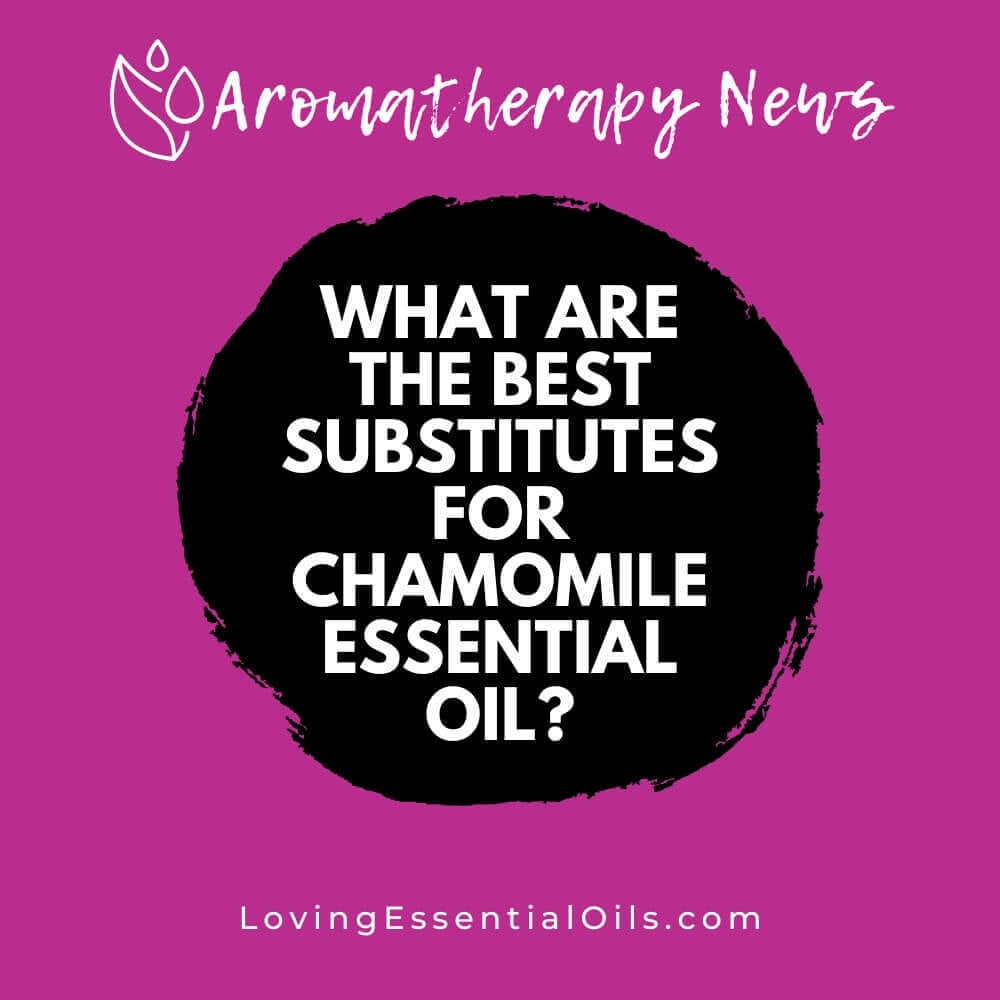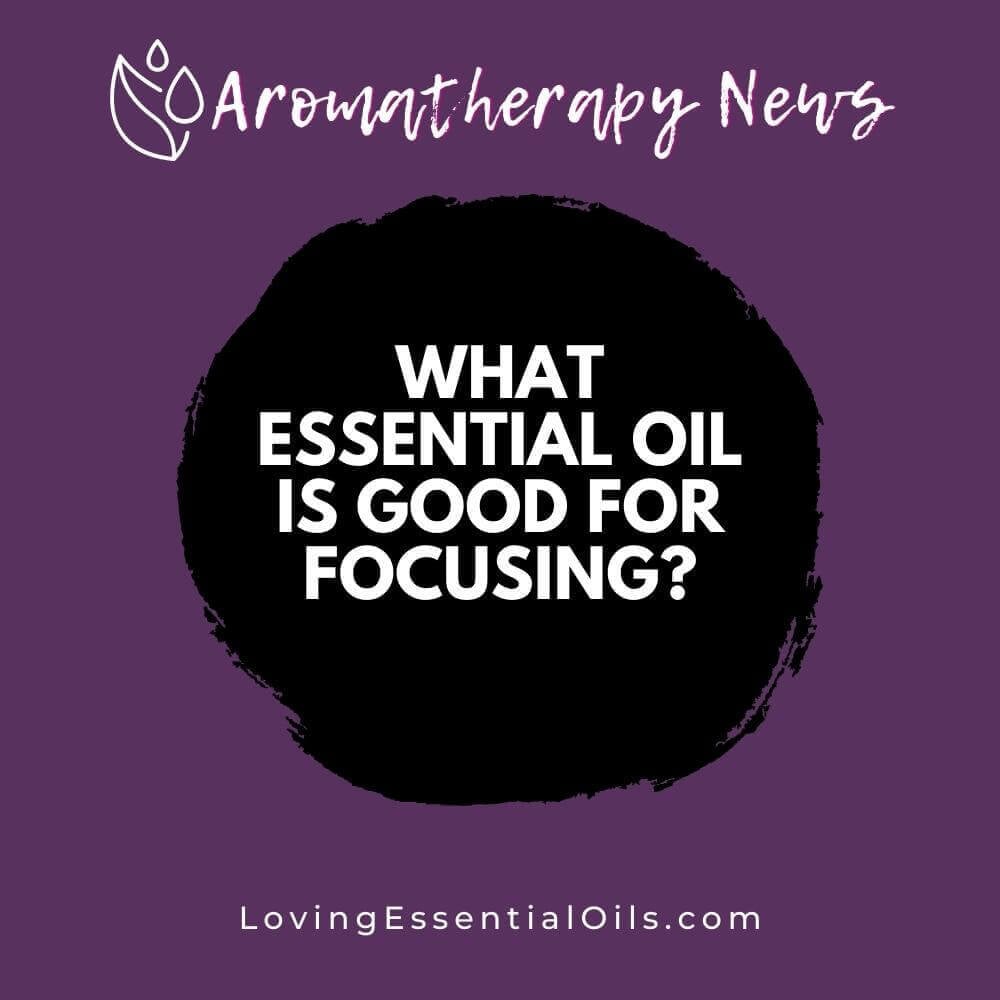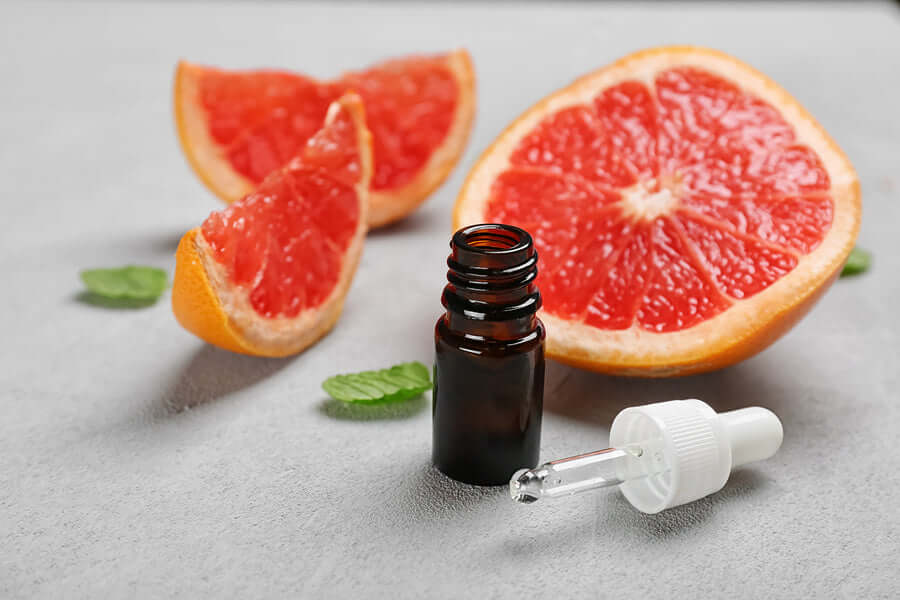Chamomile essential oil is a popular natural remedy used to alleviate a variety of physical and mental ailments. It's also used in aromatherapy, skincare products, and household cleaning. However, due to its popularity, chamomile essential oil can be difficult to find and expensive to purchase.
Fortunately, there are several alternatives that offer similar benefits at a lower cost. In this article, we'll look at five substitutes for chamomile essential oil that you can use instead.
Read on to find out more about these options and how they can benefit you! First, we will look at the different types of chamomile essential oil.
What Are The Differences Between The Different Types Of Chamomile Essential Oil?
Chamomile essential oil comes in a few different varieties, including Roman Chamomile, German Chamomile, and Cape Chamomile.
- Roman Chamomile has a sweet, apple-like scent and is known for its calming and comforting properties.
- German Chamomile is less sweet than the Roman variety and has a more intense aroma, making it better suited for aromatherapy and chamomile essential oil recipes.
- Cape Chamomile offers a more herbaceous scent that is slightly bitter.
All three types of chamomile essential oil can be used to promote relaxation and help with insomnia.
5 Substitutes For Chamomile Essential Oil
1. Lavender Essential Oil
Lavender essential oil is an excellent substitute for chamomile essential oil. It has a sweet and floral aroma that is both calming and soothing. It can be used to reduce stress and anxiety, as well as to treat insomnia, depression, headaches and skin conditions such as eczema.
lavender essential oil diffuser blends">Lavender essential oil works very quickly, which makes it great for those who need quick relief from stress. It also has antiseptic and anti-inflammatory properties which make it useful in treating wounds and other infections.
How to Use Lavender Oil
Using lavender essential oil is easy; simply add a few drops to a diffuser or apply topically with a carrier oil. It's important to note that lavender can be irritating to some people so it's important to test the oil on a small patch of skin first before applying it more widely.
With its multitude of therapeutic benefits, lavender essential oil is an ideal replacement for chamomile essential oil when needed.
2. Eucalyptus Essential Oil
Moving away from lavender essential oil, another great substitute for chamomile essential oil is eucalyptus essential oil. It has a strong camphor-like scent that is both refreshing and invigorating. It helps to clear the mind, reduce stress, and promote mental clarity.
With its antiseptic and anti-inflammatory properties, it can also be used as an effective decongestant or expectorant when added to steam inhalation. Eucalyptus essential oil can help to boost respiratory health and purify the air of bacteria and allergens.
It is also beneficial for muscle aches and pains, as well as skin irritations such as cuts and scrapes.
3. Tea Tree Essential Oil
Tea tree essential oil is extracted from a small tree native to Australia and has been used as an antiseptic and healing agent. Tea Tree Essential Oil has a strong, medicinal scent that can be used to purify the air, assist with skin irritations, and boost immunity.
Tea Tree Essential Oil can be used in aromatherapy diffusers or topically applied on the skin with a carrier oil such as jojoba oil or sweet almond oil. It is considered safe when diluted properly.
How to Use Tea Tree Oil
Applying diluted tea tree oil to the skin can help with acne, scrapes, insect bites, cuts, burns, athlete's foot, ringworm and other fungal infections.
Inhaling this potent essential oil can also help reduce stress and anxiety promoting feelings of relaxation throughout the body.
Using Tea Tree Essential Oil in your home can be beneficial in many ways as it is suitable for replacing chamomile essential oil due to its anti-inflammatory properties and antiseptic abilities.
Whether you choose to apply it topically or diffuse it into the air using an aromatherapy diffuser, you will have peace of mind knowing that you are using one of nature's most powerful remedies.
4. Peppermint Essential Oil
Moving on from tea tree essential oil, peppermint essential oil is another popular oil with many therapeutic benefits. It has a strong, invigorating scent that can help clear the mind and energize the body.
Peppermint oil is known to help reduce stress, headaches, and nausea. It can also be used as an antiseptic and anti-inflammatory to soothe bug bites, itchy skin, and minor cuts.
Additionally, when applied to the scalp or mixed with shampoo or conditioner, it can help promote hair growth and reduce dandruff.
5. Geranium Essential Oil
Geranium essential oil is an excellent substitute for chamomile essential oil. It has a sweet and floral scent, which can help to evoke a sense of calm and relaxation.
Geranium essential oil contains many beneficial compounds, which can help to promote balance in the body. Furthermore, this oil has antifungal properties and can be used to aid wound healing.
These qualities make it an ideal choice for those seeking a natural substitute for chamomile essential oil. Additionally, geranium essential oil is widely available and cost-effective, making it even more appealing as an alternative remedy.
With its pleasant floral aroma and multiple health benefits, it's no wonder that geranium essential oil is so popular among those looking for natural solutions to everyday problems.
Frequently Asked Questions About Chamomile Essential Oil
How Should Chamomile Essential Oil Be Stored?
Storing chamomile essential oil properly is key to preserving its potency and effectiveness. It should always be stored in a cool, dark place away from heat and direct sunlight.
Keeping it sealed tightly in an airtight container can also help maintain its quality. Additionally, when it’s not in use, try to keep the bottle upright so that the oil doesn’t evaporate or start to degrade.
Chamomile essential oil has many benefits, so proper storage is important for getting the most out of it.
What Other Uses Are There For Chamomile Essential Oil Besides Aromatherapy?
Chamomile essential oil is not only used for aromatherapy, but has a multitude of other applications as well. It can be used as an anti-inflammatory for skin irritations, a natural sedative to help with insomnia or restlessness, and even as a natural remedy for digestive problems.
When diluted with a carrier oil, chamomile essential oil can be used topically to reduce the appearance of scars and wrinkles. In addition, it can be inhaled directly or added to a diffuser to help reduce stress levels and anxiety.
What Are The Potential Side Effects Of Using Chamomile Essential Oil?
Using chamomile essential oil is generally considered safe, however there are potential side effects to consider. These can range from skin irritation, allergic reactions, and headaches when used topically or inhaled.
If you are pregnant or breastfeeding it is important to check with your doctor before using any essential oils, as there may be additional risks.
Additionally, those with underlying medical conditions should speak with a healthcare provider before using any products containing chamomile essential oil.
Is It Safe To Use Chamomile Essential Oil During Pregnancy?
Using chamomile essential oil during pregnancy can be safe for some women, although it's not recommended for everyone. Essential oils should always be used with caution. If you're pregnant, talk to your doctor before using any type of chamomile essential oil to make sure it's the right choice for you.
Final Thoughts on Alternative for Chamomile Essential Oil
Chamomile essential oil is a great choice for aromatherapy and has a wide range of other uses. It's important to store it properly and be aware of potential side effects. There are several different types of chamomile essential oil, so it's important to know the differences between them.
While it's usually safe to use chamomile essential oil during pregnancy, it's best to consult with a healthcare provider before doing so.
If you're looking for an alternative to chamomile essential oil, there are plenty of options available, including lavender oil, tea tree oil, geranium oil, peppermint oil, and eucalyptus oil.








